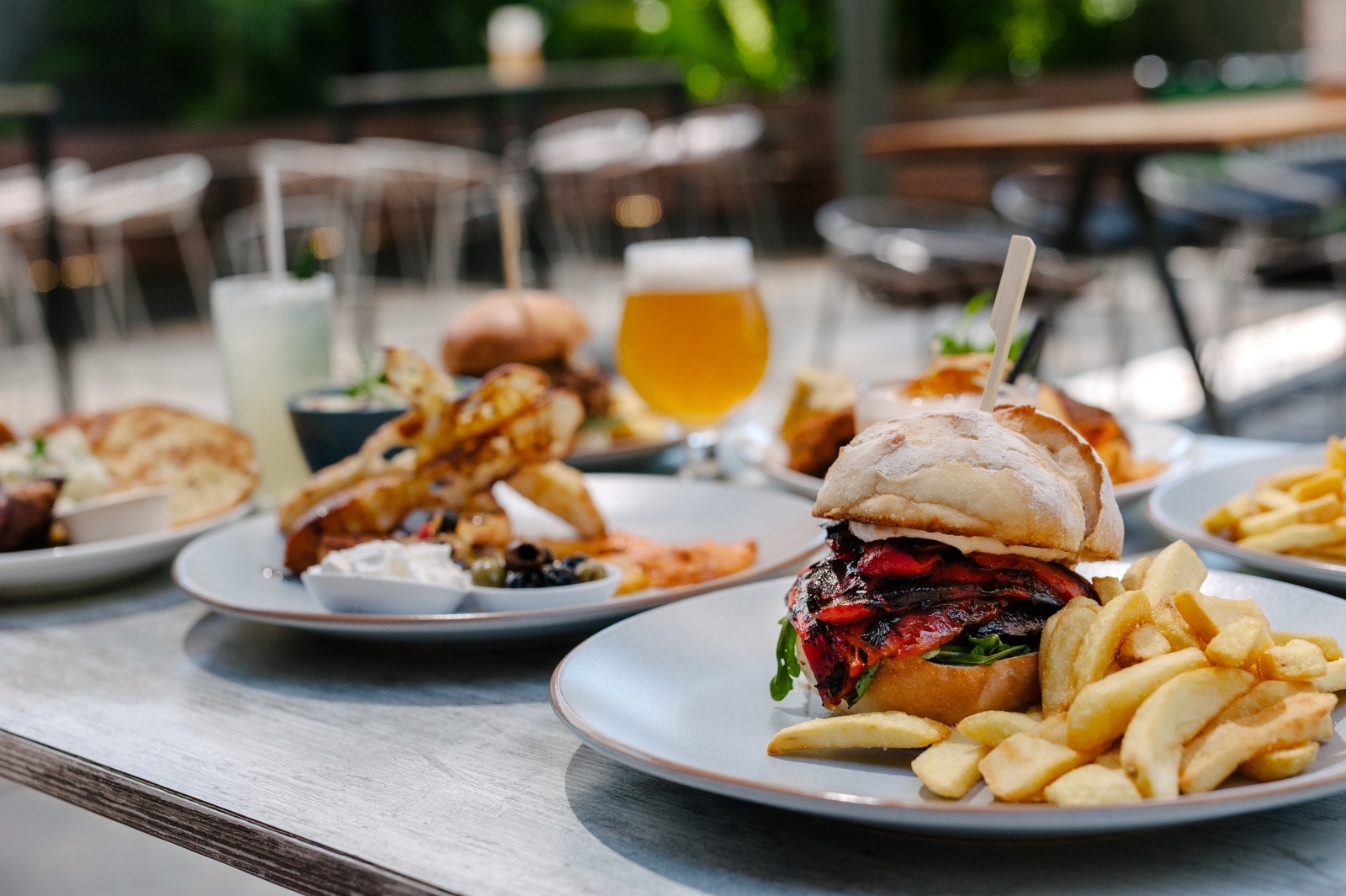Key Considerations For Buying Second Homes In The UK
For many property buyers around the world, purchasing second homes in the UK remains one of the most attractive shared ambitions. Whether they be seasoned property investors or those buying a second home for the first time, the UK market is very accessible, provided they enlist the right advice to guide them through the buying process and various tax implications that come with buying second homes in the UK.
Let’s take a look at what buyers should keep in mind and expect to contend with when purchasing additional property outside of their primary residence.

Is Buying A Second Home Financially Viable?
Understanding personal finances is crucial before buying a second home as greater liquidity is often required to fund a purchase, whether it be paying in cash or with a mortgage. However, assessing potential buying power is about more than just evaluating income and savings.
Additional costs can be substantial, such as stamp duty charges on purchasing a second home, which incur a 3% surcharge on top of standard rates. For instance, on a £300,000 property, the normal stamp duty charge would be £2,500, resulting in an additional £9,000 in stamp duty from the extra charge for £11,500 on the purchase of a second home.
Ongoing expenses such as future mortgage and insurance payments, property maintenance, and taxes must also be considered. The additional costs of purchasing a second home are likely to run into the tens of thousands of pounds for most properties, especially those of a higher value. Cash buyers ought to have a financial buffer to manage unexpected expenses or periods without rental income to avoid being caught by unexpected costs.
Also Read: Base Rate UK Forecast
Understanding Mortgage Options
For buyers who wish to purchase a second home with a mortgage, there are major considerations to be aware of, particularly if the buyer already holds a mortgage on another property.
Deposit Requirements: Most lenders require a larger deposit for second homes, often around 25% of the property's value. For a £600,000 home, this means you’ll need a deposit of £150,000 available in cash to pay on completing the exchange of contracts.
Interest Rates: Interest rates on second home mortgages are typically higher than those for primary residences due to the increased risk for lenders. For example, while a first mortgage might have an interest rate of 5-6%, a second home mortgage could reach 7-9% and possibly rise even higher depending on the lender.
Buy-to-Let Mortgages (BTLs): If you plan to rent out the property, you may need a buy-to-let mortgage to complete the purchase, as a residential mortgage will be very difficult if not impossible to take out on a property being bought to let. BTLs often require a minimum rental income that covers 125% to 145% of the mortgage payments, ensuring you can afford repayments even during periods when the property is not being let.
Affordability Assessments: Lenders will conduct thorough affordability assessments, looking at your income, existing debts, your right to buy (particularly important for overseas buyers), and overall financial health. Be prepared to provide documentation such as payslips, bank statements, and details of your current mortgage for assessment.
Not meeting the lender's criteria for any one of these fields can stop a second home buyer in their tracks. Buyers should seek expert financial and legal advice before starting the process, or consider enlisting the aid of specialist mortgage brokers who are experts in purchasing second homes.
Also Read: What Are Land Registry Searches
Tax Implications and Legal Responsibilities
Buying a second home comes with various tax implications and legal responsibilities both before and after becoming the property’s new owner.
Any second property or home will be subject to additional council tax charges. Council tax will be raised if the property is unoccupied for longer than 6 months, however, it is possible to negotiate a reduced rate on council tax for second homes. From the 1st of April 2025, the council will be charging double the rate of normal council tax on empty homes, which is something potential buyers of second properties should be aware of.
If you plan to let your property, any rental income you receive is taxable and will have to be accounted for in a tax return submitted every year. If you earn £1,500 monthly in rent in addition to any other employment that totals £18,000 annually, this would be added to your taxable income. Having a secondary source of income from property rentals is taxable at a much higher rate than primary sources of income.
Additionally, as a Landlord, owning a rental property involves legal obligations, including meeting the safety standards and maintaining the property. Taking out insurance is advisable, typically costing between £200 to £500 annually, depending on the property value and coverage. Paying for property management and estate agent fees can also add considerable outgoings to your property, up to 15% of the rental income.
If you consider selling your second home, it is worth remembering that this may lead to paying capital gains tax on any profit made, as exemptions from capital gains tax only apply to the primary residence of a property owner. For example, if you bought your second property for £300,000 and sold it for £400,000, the gain of £100,000 would be subject to tax, on the profit made and your overall income.
The rate of your capital gains tax depends on your earnings and the rate you pay on income tax, which can be as low as 10% for those on basic incomes, and as high as 28% for those on higher salaries. This can quickly reduce gains made from selling a second property and may impact a buyer’s finances if not considered in advance.
Also Read: Best Bank in UK
When buying a second home, assessing finances, understanding mortgage options, and navigating tax and legal implications can help buyers make an informed decision that benefits them both financially and, on a personal level.



